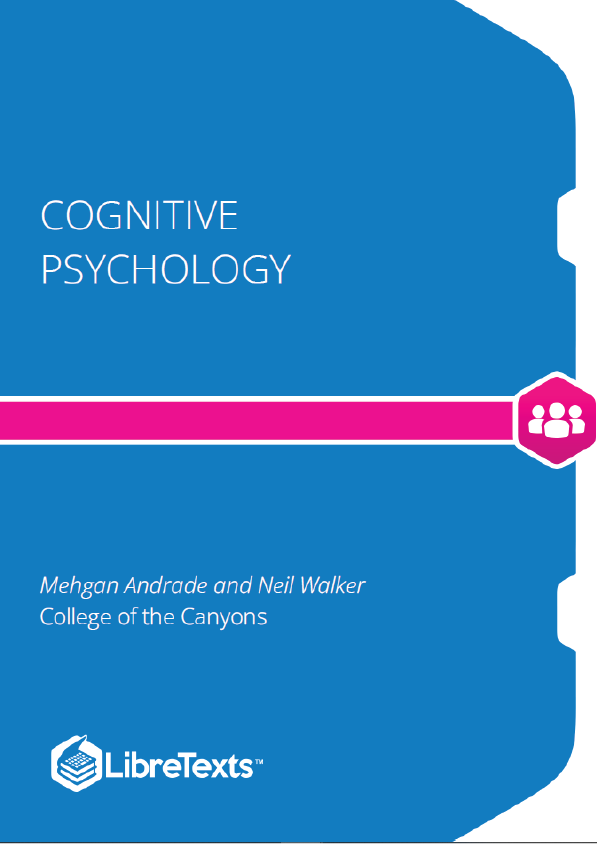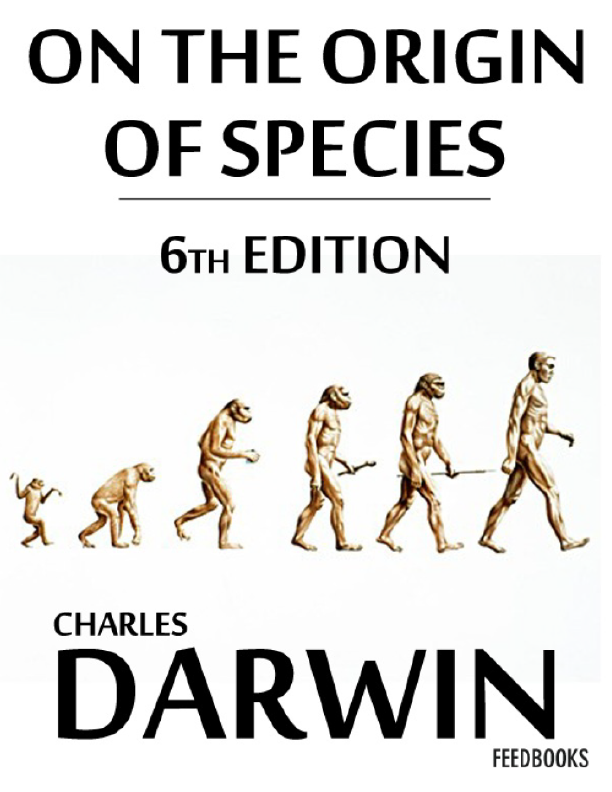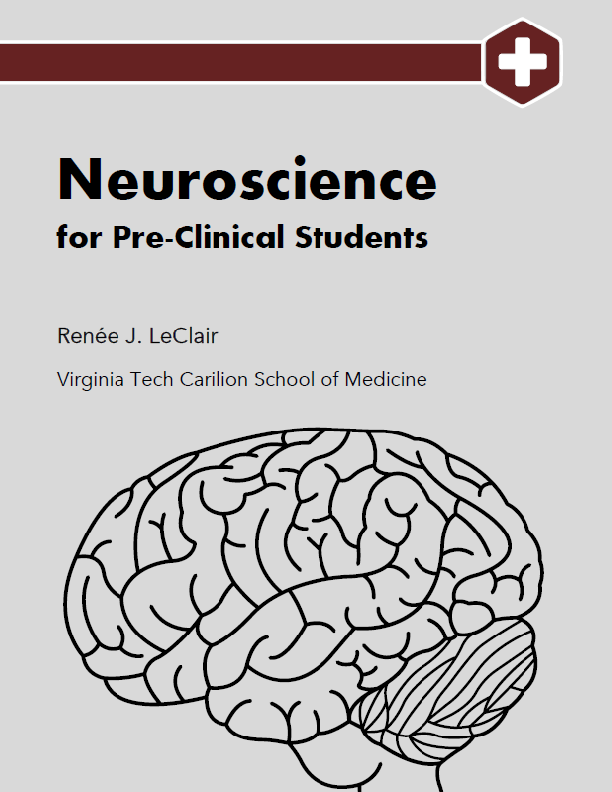Ultimately Cognitive psychology is the scientific investigation of human cognition, that is, all our mental abilities – perceiving, learning, remembering, thinking, reasoning, and understanding. It is closely related to the highly interdisciplinary cognitive science and influenced by artificial intelligence, computer science, philosophy, anthropology, linguistics, biology, physics, and neuroscience. The term “cognition” stems from the Latin word “cognoscere” or “to know”. Fundamentally, cognitive psychology studies how people acquire and apply knowledge or information.
History of Cognitive Psychology
Imagine all of your thoughts as if they were physical entities, swirling rapidly inside your mind. How is it possible that the brain is able to move from one thought to the next in an organized, orderly fashion? The brain is endlessly perceiving, processing, planning, organizing, and remembering—it is always active. Yet, you don’t notice most of your brain’s activity as you move throughout your daily routine. This is only one facet of the complex processes involved in cognition. Simply put, cognition is thinking, and it encompasses the processes associated with perception, knowledge, problem solving, judgment, language, and memory. Scientists who study cognition are searching for ways to understand how we integrate, organize, and utilize our conscious cognitive experiences without being aware of all of the unconscious work that our brains are doing (for example, Kahneman, 2011).
Definition of Cognitive Psychology
Upon waking each morning, you begin thinking—contemplating the tasks that you must complete that day. In what order should you run your errands? Should you go to the bank, the cleaners, or the grocery store first? Can you get these things done before you head to class or will they need to wait until school is done? These thoughts are one example of cognition at work. Exceptionally complex, cognition is an essential feature of human consciousness, yet not all aspects of cognition are consciously experienced. Cognitive psychology is the field of psychology dedicated to examining how people think. It attempts to explain how and why we think the way we do by studying the interactions among human thinking, emotion, creativity, language, and problem solving, in addition to other cognitive processes. Cognitive psychologists strive to determine and measure different types of intelligence, why some people are better at problem solving than others, and how emotional intelligence affects success in the workplace, among countless other topics. They also sometimes focus on how we organize thoughts and information gathered from our environments into meaningful categories of thought, which will be discussed later.











